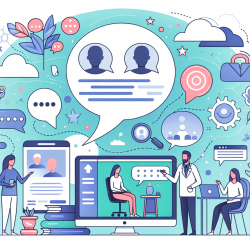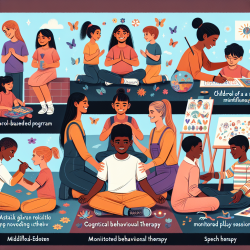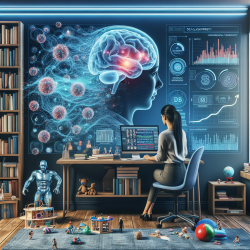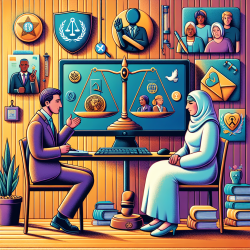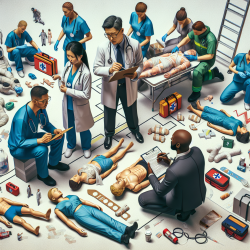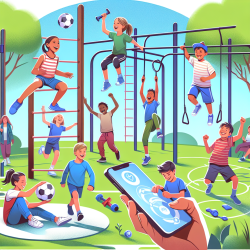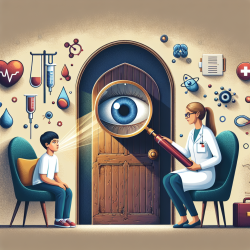Speech communication plays a pivotal role in the field of psychiatry, where the ability to express and understand thoughts and emotions effectively can significantly impact patient outcomes. Recent research in this area provides valuable insights for practitioners looking to enhance their therapeutic skills and improve patient care. By implementing findings from the latest studies or engaging in further research, therapists can better support individuals struggling with psychiatric conditions.
One key area of focus is the utilization of technology in therapy. For instance, the introduction of computer software designed to aid in speech communication has shown promise in sustaining attention in clients with attention deficit/hyperactivity disorder. Such tools not only motivate clients but also offer special options for those with additional needs, such as visual impairments, by altering pronunciation to accommodate unique words or names. The effectiveness of these programs, although not extensively documented, suggests a positive trend towards incorporating technology in therapeutic settings.
Furthermore, programs aimed at improving observation and classification skills have been found to be effective in achieving a variety of therapy goals. These include enhancing the ability to make inclusion and exclusion decisions, motivating young children through colors, sounds, and animated pictures, and maintaining the child's interest through computer music-like tunes and picture animation following correct responses. These findings underscore the importance of engaging and interactive elements in therapy for young children and those with developmental delays.
Another aspect highlighted by recent research is the significance of user-friendly software in therapy. Programs that are easy to enter, with clear and complete instructions, allow for simple input responses and facilitate correction of input errors. This user-friendliness is crucial in reducing frustration and ensuring a positive therapeutic experience for clients, particularly those with limited literacy skills or cognitive challenges.
Support and documentation are also critical components of effective therapy tools. Programs offering comprehensive, organized documentation and clear teaching suggestions can greatly enhance the therapeutic process. Additionally, the availability of back-up copies and warranties can provide reassurance to both therapists and clients, ensuring continuity of care.
However, it's important to note that while technology can be a valuable aid in therapy, it should not replace traditional therapeutic relationships and interactions. The strength of therapy lies in the personal connection and understanding between the therapist and the client, which technology should enhance, not replace.
For practitioners interested in incorporating these research findings into their practice, it is essential to critically evaluate the tools and programs available, considering their effectiveness, user-friendliness, support, and documentation. Moreover, therapists should remain open to ongoing learning and research to stay abreast of the latest developments in the field.
In conclusion, the advancements in speech communication within psychiatry offer exciting possibilities for enhancing therapeutic practices. By embracing technology and research, therapists can provide more effective, engaging, and supportive care for individuals with psychiatric conditions. To delve deeper into the findings discussed and explore more resources, practitioners are encouraged to engage with the broader research community and continue their professional development in this evolving field.
For those interested in exploring this topic further, Speech Communication Problems in Psychiatry offers comprehensive insights and is a valuable resource for enhancing therapy skills and patient outcomes.
